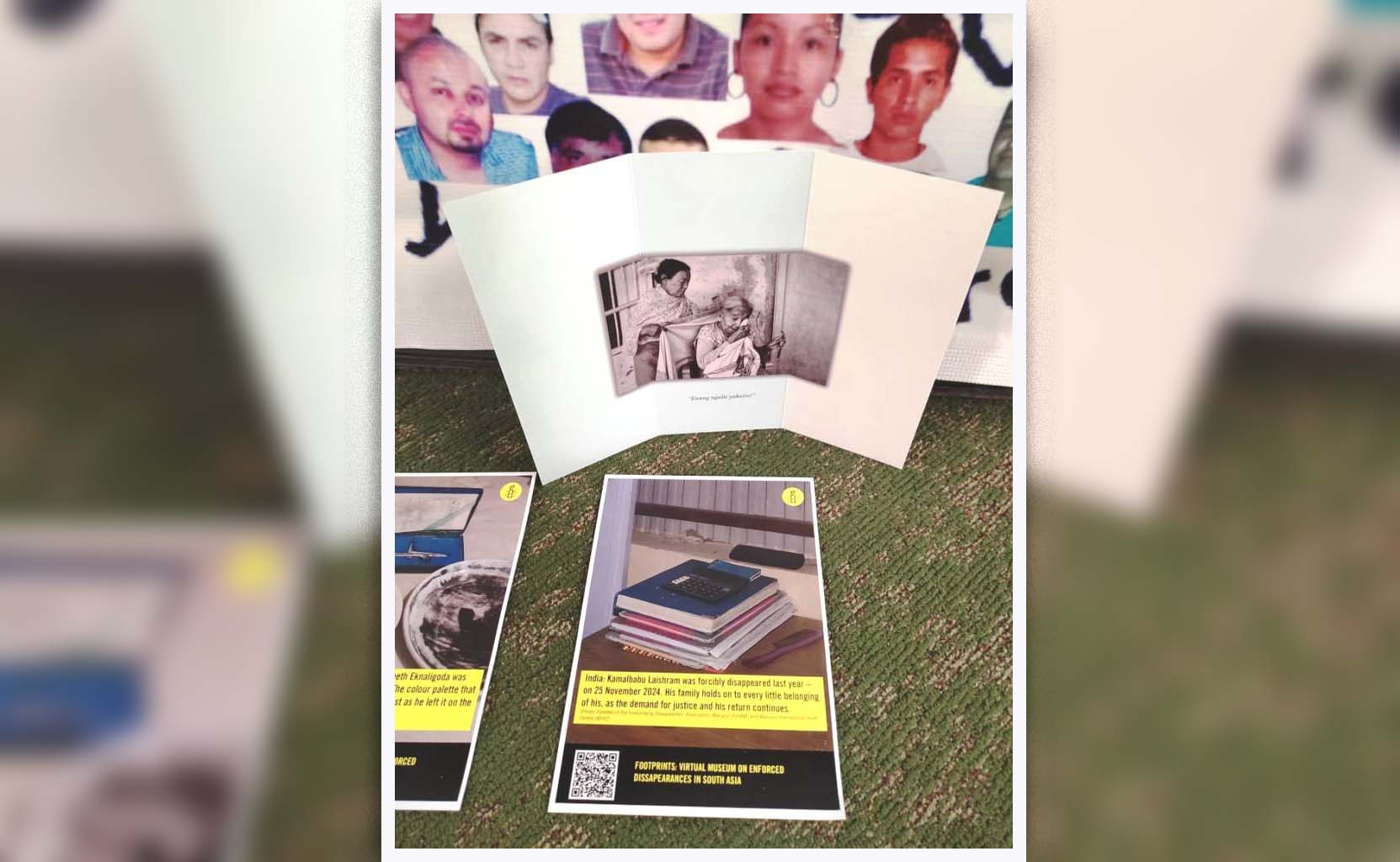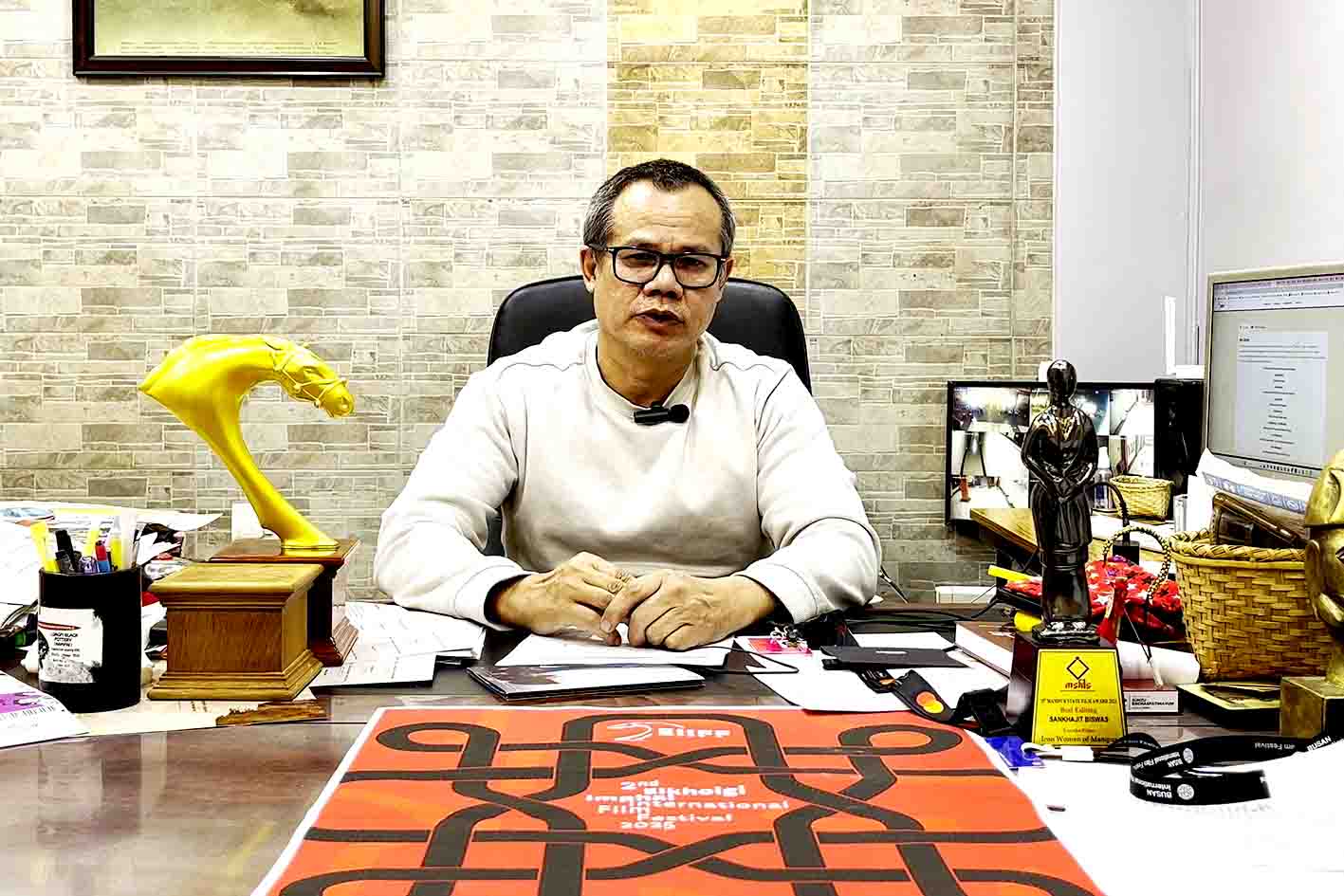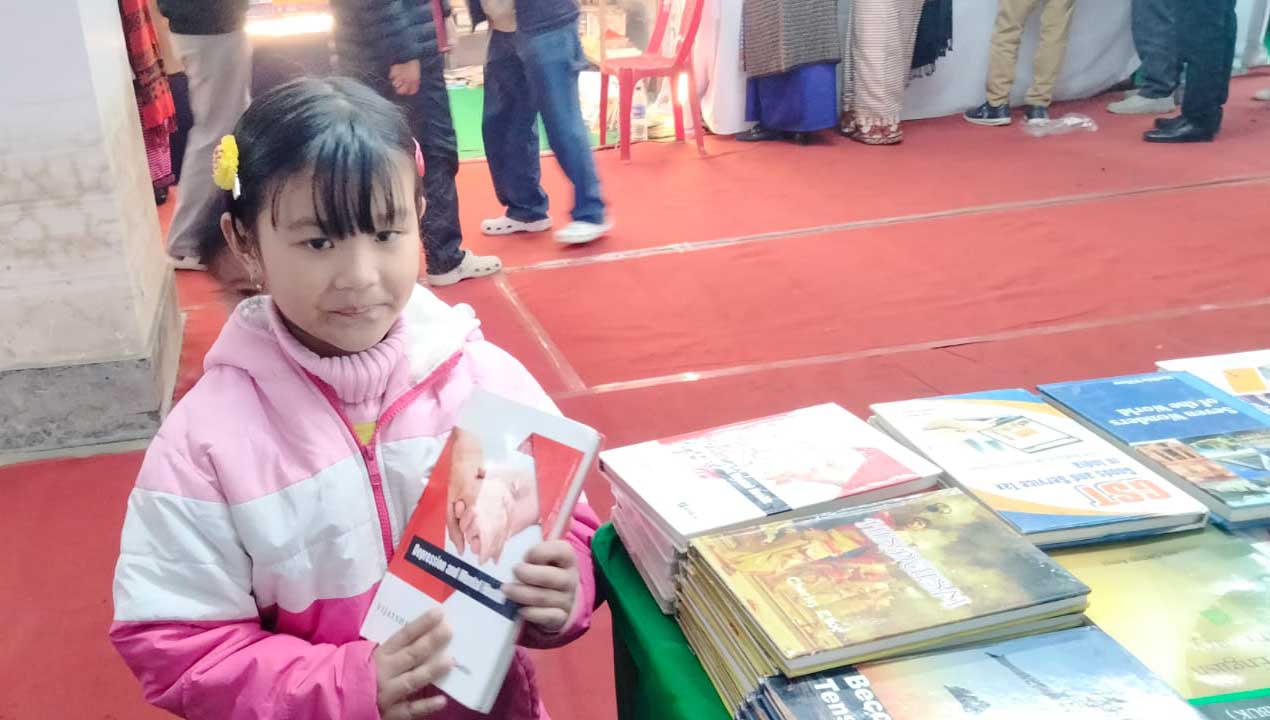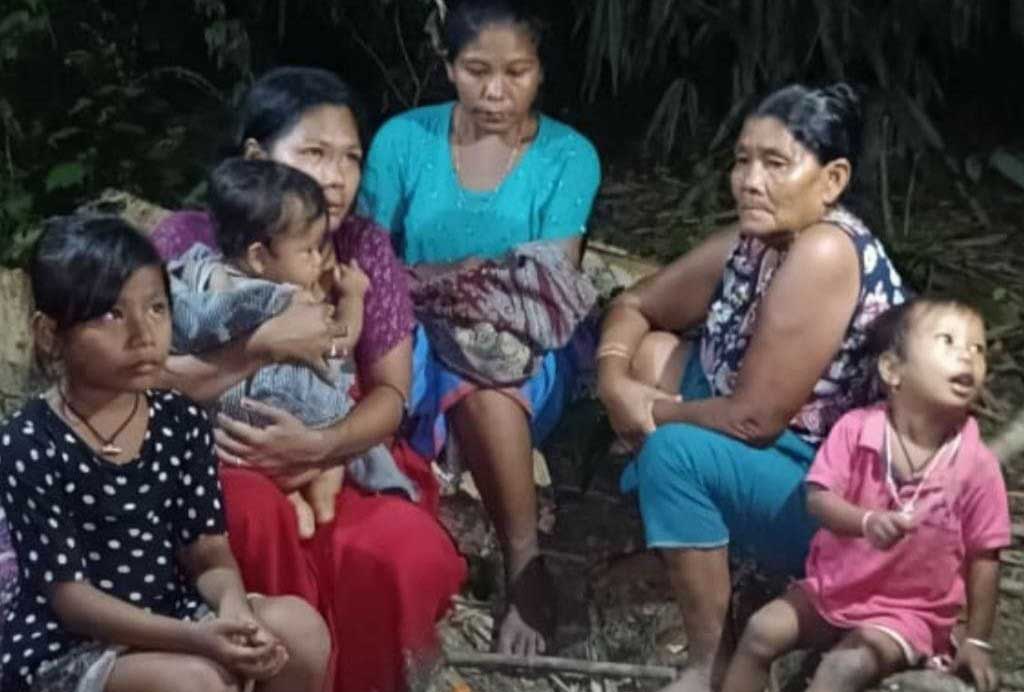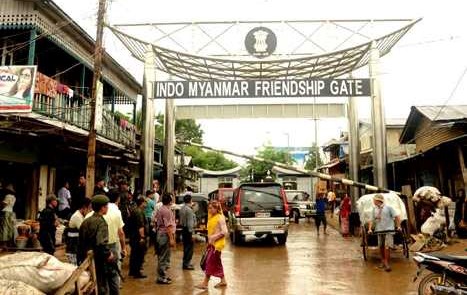“Two decades after the invention of the novelty of cinema at the turn of the century, moving picture came to Manipur,” writes RK Bidhur, Manipur’s maverick film critic and activist, recipient of the presidential gold medal for Best Writing on cinema at the 56th National Film Awards of India. ‘Back then cinema was called basikop, a corrupted version of bioscope,’ Bidhur said. This was 1925 when film was first screened at the royal palace on the bioscope. Recognizing the camera’s power to record and preserve, Maharaj Kumar Priyobrata took no time to acquire an 8mm movie camera and started filming realities, initiating the birth of reality films as early as 1936.
Kongbrailatpam Ibohal Sharma was the other film pioneer who left behind tonnes of film materials that not only provide us glimpses of live in the 1960-70s Manipur but offer opportunity to marvel at the zeal to experiment with capturing reality and narrative. Even as MK Priyobrata went on filming socio-political events and travelogues, the state was experiencing a surge of artistic movement in the 1930s and 40s, expressed through melodies, dance and theatre.
Kshtrimayum Rashi Devi in a still from Imagi Ningthem
Regular bioscope screening at the royal palace of newsreels, English war efforts, documentaries and travelogues catapulted the birth of Manipuri cinema when Ayekpam Biramangol teamed up with Sougaijam Nabakumar and Sinam Krishna Mohon, and attempted to produce Manipur’s first talkies, ‘Mainu Pemcha’. Unfortunately, the project canned only nine reels and did not see completion due to financial limitation.
Another project, ‘Matamgi Manipur’ which went on the floor around the same time eventually became the first officially released Manipuri feature film. Produced by Karam Manmohan and directed by Debkumar Bose, ‘Matamgi Manipuri’ caught the imagination of the people and became an instant hit. Honouring the pioneering effort of the cast and crew of ‘Matamgi Manipur’, April 9th – the day it was released in 1972, is observed as the ‘Mami Numit’, recognizing the day Manipuri cinema officially took birth.
Mami Numit is observed every year by the film fraternity as a day of remembering the past film personalities who have contributed to the progress and development of Manipuri cinema and since recently the Manipur State Film Development Society (MSFDS) distributes the prestigious Manipur State Film Awards (MSFA) on the day, honouring cast and the crew of the past year for their excellence in service to the growth of Manipuri Cinema. Unfortunately, because of the Covid pandemic, the 13th MSFA, 2020 are yet to be distributed.
This article is a tribute by FPSJ Review of Arts and Politics towards the cause of celebrating the achievements of Manipur cinema. Highlighted here is the recipient of the Lifetime Achievement award for 2020.
Introduced in 2012, the Lifetime Achievement Award is a special award given to a legendary film personality in recognition for the valuable contribution in the growth and development of Manipuri cinema. Ace filmmaker, Aribam Syam Sharma was the first recipient of the most prestigious state film awards for his contribution in putting Manipur on the map of the cinemas of the world. Lourembam Pishak Devi, Oinam Birmangol Singh, Kangabam Tomba, and Yengkhom Roma Devi were the other respective recipients. The lifetime award for the 13th MSFA, 2020 went to Kshetrimayum Rashi Devi.
Another superlative actor and past winner of Lifetime Achievement Award, Yengkhom Roma
Born in March 1950, Kshetrimayum Rashi Devi got baptised into the world of drama right from a tender age under the wings of her mother, Rasamani Devi, a popular theatre artiste at that time. At 26, she shot into prominence in Manipuri theatre after playing the historic character, ‘Rani Gaidinlu’ in Aryan Theatre’s “Jadonang”. She then went on to feature in the first Manipuri feature film, “Matamgi Manipur” (1972), followed by a body of work.
“LamjaParsuram” (1974), “Saphabee” (1976), “Olangthagee Wangmadasoo” (1980) “Imagee Ningthem” (1982), “Paokhum Ama” (1983), “Thambal” (1998),”Meera Memcha” (2005), “Paokhum” (2009), “Momon Minok” (2010) and “EidiThamoi Pikhre” (2014) are films that imprint her sophisticated and highly penetrative acting.
Rashi is best known for her role as a stepmother who develops an unconditional love for the illicit child of her husband in the internationally acclaimed film, “Imagi Ningthem.” Her portrayal of a vamp in “Matamgi Manipur” and the demure, suffering widow in “Olangthagee Wangmadasoo” are vivid and memorable.
Since her retirement from government service as a senior grade actor of the departmental drama unit of the directorate of Information and Public Relations, Rashi has dedicatedly served the radio and film as an artiste. As an approved artiste on contract, Rashi has featured in over 150 radio plays in a working span of around 10 years. She is also the recipient of the Sahitya Seva Samiti, Kakching Neta Irawat Leelaroi Lifetime Achievement Award in 2014.
The veteran actor who evinces interest in taking on acting assignments if the character proposed to her arouses her interest, Rashi says an actor is only a medium of the director’s scheme of things within a story and as an actor she relies exclusively on the instruction of the director.




